For the first time, a UN Secretary-General has made education a priority during their tenure.
On 26 September, during the United Nations General Assembly, Secretary-General Ban Ki-Moon launched Education First, his new five-year strategy to ensure education for all. This comprehensive plan includes the following three areas of focus:
- Putting every child into school;
- Improving the quality of learning;
- Fostering global citizenship.
During the launch, the Secretary-General said, “Education is hope and dignity. Education is growth and empowerment. Education is a basic building block of every society and the pathway out of poverty.”
The initiative provides an additional push to achieving the existing Millennium Development Goals on education, particularly Goal 2: Ensure that, by 2015, children everywhere, boys and girls alike, will be able to complete a full course of primary schooling. The Secretary-General has appointed Prime Minister Gordon Brown as UN Special Envoy for Education; he said, “Enrolling an additional 61 million children and ensuring a quality education for all by the end of 2015 will not be easy – but it is a goal which, working together, we can achieve.”
The education in emergencies community was deeply heartened and encouraged that education in emergencies was included in the strategy as one of the 10 commitments made by the General Secretary: “Sustain education in humanitarian crises, especially conflict.” At least half of the 61 million out-of-school primary school-aged children, and millions more out-of-school youth, are in situations of conflict or natural disaster; recognizing this problem is critical to ensure all children have access to safe, quality, relevant education.
Prior to the launch of and to undergird Education First, a group of UN member-states and agencies, INGOs and donors came together to launch “Education Cannot Wait,”an education in emergencies-focused call to action. Education Cannot Wait is harmonized with the commitments of Education First, and was launched and debated at a meeting on 24 September during Friends the General Assembly. The document calls for:
- Increased levels of humanitarian aid to education and improve its delivery mechanisms
- Keeping education safe from attacks
- Integrating emergency prevention, preparedness, response and recovery in education sector plans and budgets
Education is a human right. That right is not suspended during crisis or conflict. It is not negated because a child is born in an area of conflict, or in an area where flooding or earthquakes take place. Given this lifting up of education in emergencies, the education in emergencies community is coming together to create an advocacy campaign to ensure that actions are immediately undertaken to guarantee the commitments and call to action are realized. Education cannot wait. Our children cannot wait.
How will you and your organization/institution support the Education First and Education Cannot Wait initiatives?

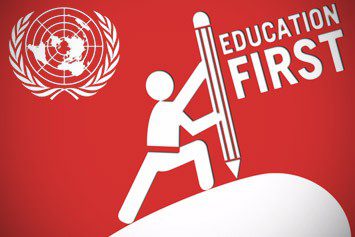
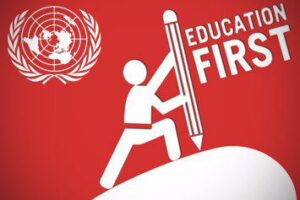
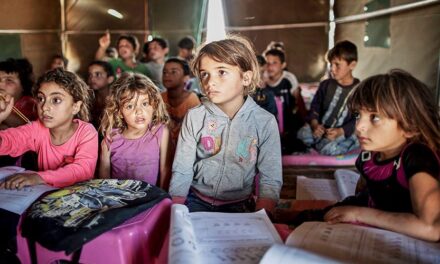

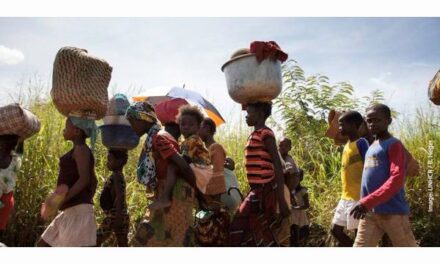
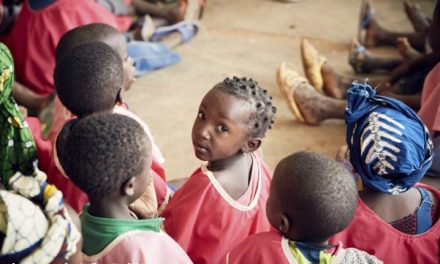
Lori, at a time when some of the leading donor countries are confronting major economic problems, it is important to keep the issue of education at the forefront but given the present economic crisis in the west it is important to see how education also relates to economic growth and we need something far more sophisticated than human capital theory for that!